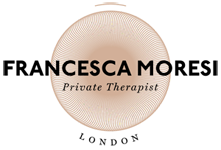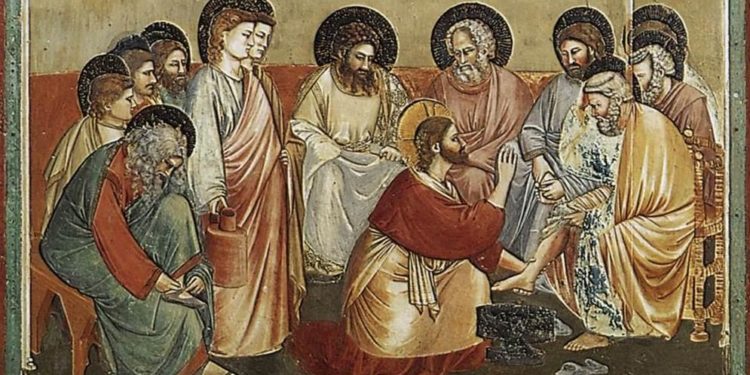I read the gospel of the day sometimes after my morning meditation. I am not a religious person but I consider myself spiritual and I believe that the sacred writings contain many teachings. What struck me reading the gospels in the days around Easter, was the scene of Jesus washing his disciple’s feet. We often focus on Easter as a symbol of resurrection but there’s more, and this scene never seemed so topical and needed (I imagine that is why Pope Francis has often repeated this gesture at Easter, washing inmates’ feet). I don’t know if you are familiar with this story, but I grew up going to church every week and I was no stranger to it; nonetheless, it never resonated with me as it did on Maundy Thursday, when I felt very moved.
It is in the gospel according to John that we find that scene. During the Last Supper Jesus washes the feet of all his – astonished – disciples and says to them afterwards:
“Do you know what I have done to you? You call me Teacher and Lord – and you are right, for that is what I am. So if I, your Lord and Teacher, have washed your feet, you also ought to wash one another’s feet. For I have set you an example, that you also should do as I have done to you.
It is the humility that struck me in this scene. Jesus is teaching us to serve, which is exactly what the world needs right now. It is what we all need right now: reciprocity and cooperation. It is not about being in need and ask, versus being self sufficient. This scene teaches us that nobody is so poor not to have anything to give, nor nobody is so rich not to need anything. We can all humbly contribute to each others’ wellbeing with kind gestures.
The word humility comes from latin word humus, which means earth. Humility therefore reconnects us with our most authentic nature and when we are naturally humble we are open to listen, to have a dialogue and to cooperate. This is also when we are willing to accept and show our vulnerability as well as to receive others’; we are open to listen without judgement and to learn. Ultimately, to be humble is the key to grow, individually and collectively.
A moment of self-reflection now. Are you ever humble? If you are, is it an attitude dictated by cultural standards, or is it genuine? How do you feel when you are humble? How do you feel when someone else is humble? Is there anything that prevents you from being humble?
I want to close this letter with an explosion of joy, a piece of music that I find help me connect with my own most authentic nature. It is called Fantabulous Emancipation Explosion, by the amazing Daniel Pemberton.
Sending love and light,
Francesca






